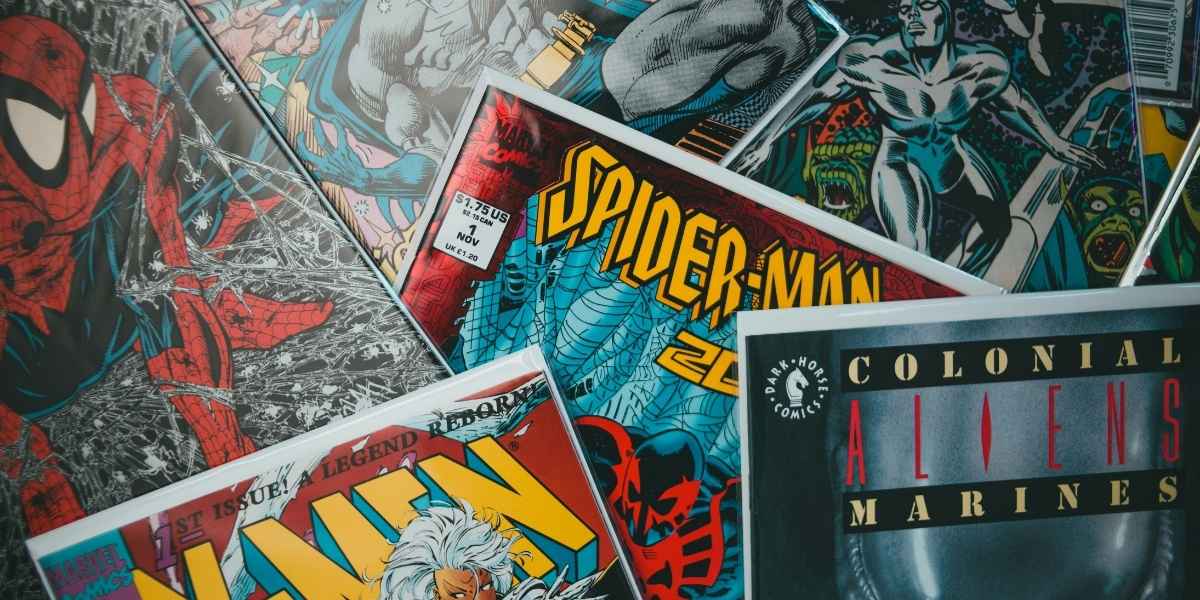Classic rock has maintained a strong presence in the world of music, despite the constant evolution of new genres and artists. From its beginnings in the 1960s and 1970s to its continued popularity in the present day, classic rock holds a special place in the hearts of fans across generations. With its timeless sound, influential artists, and deep connection to music history, classic rock remains one of the most enduring genres in music culture.
In this article, we’ll explore the various factors that contribute to the ongoing popularity of classic rock, including its appeal across generations, the impact of streaming platforms, the resurgence of vinyl, and how it continues to influence modern artists.
Enduring Appeal Across Generations
One of the most remarkable aspects of classic rock is its ability to resonate with audiences of all ages. While classic rock originally rose to prominence in the 1960s and 1970s, it continues to captivate listeners today, from older fans who grew up with the music to younger generations discovering it for the first time.
Intergenerational Fanbase
Classic rock’s intergenerational appeal lies in its timeless sound and relatable themes. Legendary bands like Led Zeppelin, The Rolling Stones, and Pink Floyd created music that transcended cultural boundaries and continues to speak to new generations of listeners. As a result, classic rock concerts often attract a diverse audience, with fans ranging from teenagers to baby boomers.
Influence of Streaming Platforms
Streaming platforms have played a crucial role in reviving classic rock for new listeners. Platforms like Spotify, Apple Music, and YouTube allow users to access massive catalogs of music from decades past, making it easier than ever for classic rock to remain relevant.
Classic Rock Playlists and Discoverability
On streaming services, curated playlists such as “Classic Rock Essentials” or “Greatest Hits of the 70s” have introduced younger audiences to iconic songs and albums. These platforms also provide the convenience of discovering music at any time, which has contributed to a resurgence of interest in classic rock tracks that were released long before streaming existed.
Accessibility to Global Audiences
The global reach of streaming platforms has allowed classic rock to expand its audience even further. Previously, some classic rock artists may have been limited by geographic distribution or regional popularity, but today, listeners from all over the world can access and enjoy these timeless records with just a click.
Impact on Modern Artists
Many contemporary musicians cite classic rock bands as a major influence on their sound. The genre’s emphasis on guitar solos, powerful vocals, and lyrical storytelling has left a lasting impact on modern rock and other genres, from indie to metal.
Influence on New Music
New artists across various genres often incorporate elements of classic rock into their music. For example, modern rock bands like Greta Van Fleet are often compared to Led Zeppelin for their heavy use of guitar riffs and vintage rock sound. Other musicians may take inspiration from the songwriting techniques or instrumentation used by classic rock icons.
Nostalgia and Cultural Legacy
A significant factor behind the continued popularity of classic rock is the sense of nostalgia that it evokes. For many fans, classic rock represents a golden era in music, when albums were crafted with care, and bands were revered for their musicianship.
Cultural Significance of Classic Rock
The legacy of classic rock extends beyond just the music; it has become intertwined with cultural history. For example, bands like The Beatles and The Who are often associated with cultural movements of the 1960s and 1970s, including the counterculture, political activism, and the rise of album-oriented rock. Classic rock songs are often seen as anthems for particular eras, and their cultural significance continues to resonate today.
Continued Radio Play
Classic rock stations remain a staple of terrestrial radio, particularly in North America and Europe. Radio stations dedicated to the genre help keep it in constant rotation, ensuring that new listeners discover it and old fans never lose touch with their favorite tracks.
Longevity on Radio Waves
Radio stations such as SiriusXM’s “Classic Vinyl” or local rock stations regularly play the greatest hits from the genre’s golden age, from iconic guitar riffs to deep album cuts. These stations contribute to classic rock’s longevity by constantly bringing the music to new audiences while reinforcing its relevance.
Vinyl Resurgence
In recent years, the resurgence of vinyl records has added to the excitement around classic rock. Many classic rock albums were originally released on vinyl, and today, the tactile experience of owning and playing records appeals to a new generation of music lovers.
Rise of Vinyl Sales
Vinyl sales have seen a significant increase in the past decade, and many classic rock albums, such as Fleetwood Mac’s Rumours or Pink Floyd’s The Dark Side of the Moon, are among the top-selling records. For fans, collecting vinyl not only offers a more authentic listening experience but also taps into the nostalgic feeling of owning a piece of music history.
Classic Rock in Media and Films
Classic rock music frequently finds its way into movies, TV shows, and advertisements, further cementing its presence in popular culture. From soundtracks to biopics about rock legends, the genre continues to leave its mark on visual media.
Use of Classic Rock in Films
Filmmakers often use classic rock songs to evoke a specific mood or to reference a particular time period. For example, films like Almost Famous and Bohemian Rhapsody celebrate the golden age of rock music, bringing iconic songs back into the public consciousness. Additionally, classic rock songs are frequently used in commercial advertising, reaching new audiences through TV and digital ads.
Fan Engagement and Live Tours
Despite many of the original classic rock bands no longer being active, those that remain continue to draw huge crowds at live events. Major tours by bands like The Rolling Stones, The Eagles, and Paul McCartney still generate significant revenues and fan excitement.
Successful Classic Rock Tours
Classic rock concerts have maintained their status as must-see events. Many legendary artists continue to sell out stadiums and arenas, while tribute bands and classic rock festivals attract thousands of fans. The ongoing demand for live performances shows that classic rock remains alive and well, both in recordings and in concert halls around the world.
Classic rock’s enduring popularity is a testament to its timeless appeal, cultural significance, and its ability to transcend generations. Through streaming platforms, media appearances, and live performances, the genre continues to captivate audiences, both old and new. As the music industry evolves, classic rock remains a constant, proving that the power of great music never fades.









